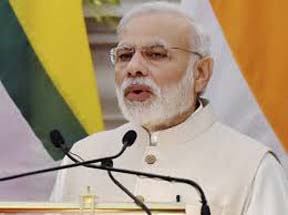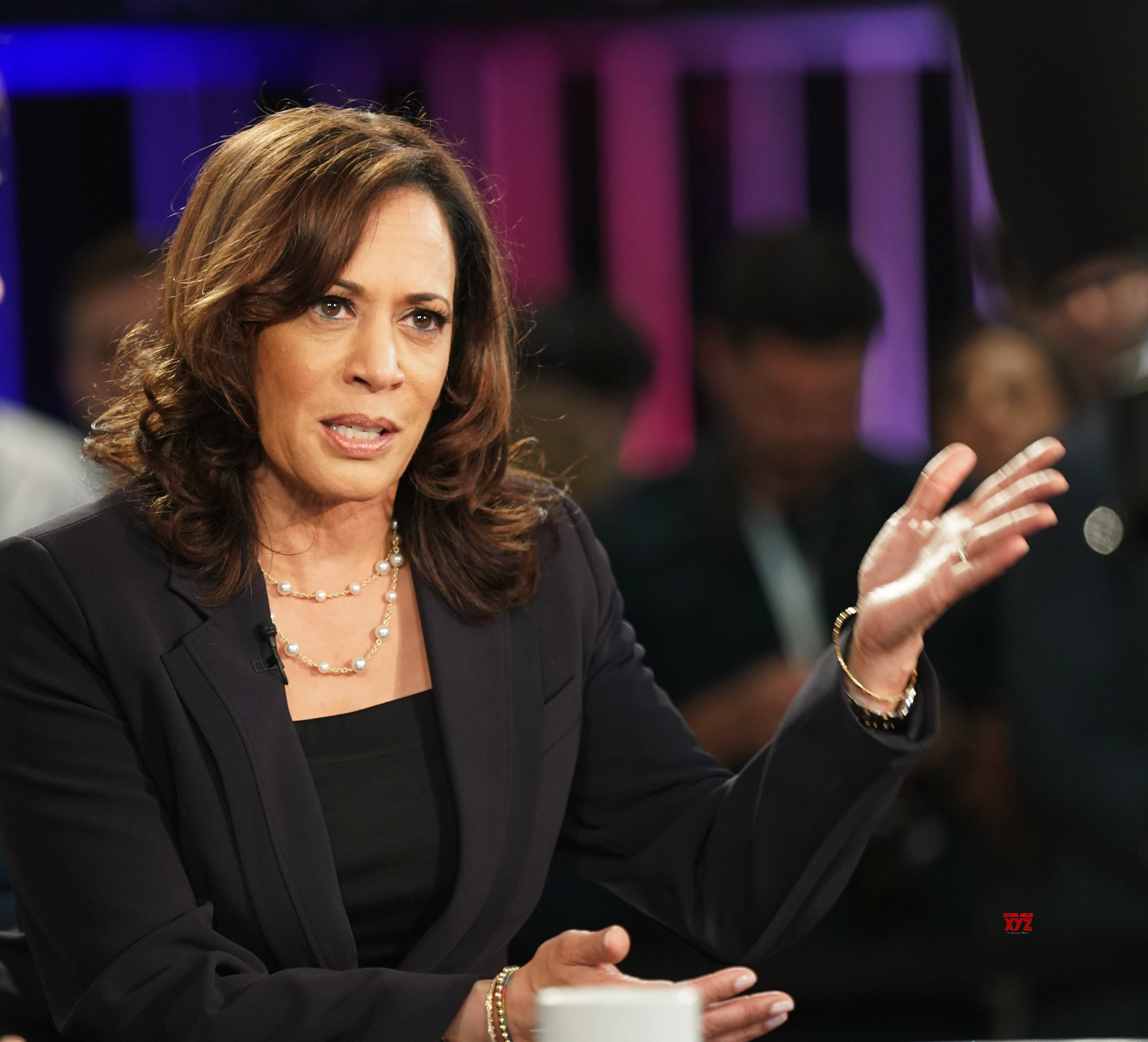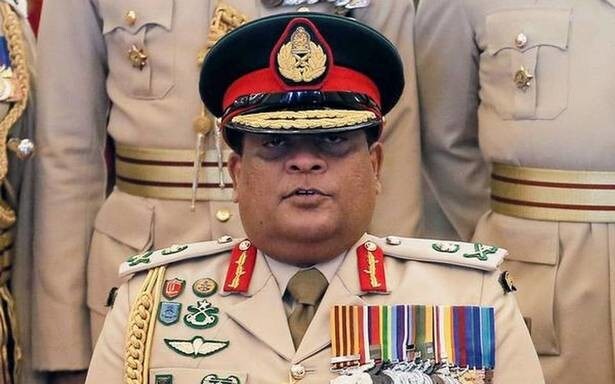 WASHINGTON: Two years of the NDA government have instituted significant reforms including the passing of the GST bill in India but “cultural issues and saffronisation” have resulted in a slow incremental change instead of big bang reforms, according to a top American think-tank.
WASHINGTON: Two years of the NDA government have instituted significant reforms including the passing of the GST bill in India but “cultural issues and saffronisation” have resulted in a slow incremental change instead of big bang reforms, according to a top American think-tank.
Noting that India has managed to combat inflation, the Hudson Institute said the country has the potential to hit double-digit growth rates if it focuses on modernizing infrastructure, improving basic amenities and reducing red-tapism.
In its recent report ‘Modi Two years On’, the think-tank has analyzed two years of the government led by Prime Minister Narendra Modi and said it has instituted significant reforms, with the most significant of them being passing of the Goods and Services Tax (GST) bill.
It said the bill, passed by the Rajya Sabha last month, will over time create a much needed pan-Indian market.
“India’s economy can grow at double-digit rates if it can repair and rebuild its British era rail, road and air transport and port infrastructure, improve accessibility to basic amenities like electricity and water and untangle the Gordian knot of its complicated bureaucratic rules and regulations,” it said Thursday.
The report, however, added that two years of the NDA government has not yet fulfilled the expectation of moving expeditiously to create a new India.
“India needs to become an open, non-paternalistic society focused primarily on economic issues but over the last two years, cultural issues and saffronisation have resulted in slow incremental change instead of big bang reforms,” it said.
“India is currently the world’s fastest growing economy and is expected to continue to grow at least at seven per cent per year for the next few years,” said Dr Aparna Pande, Director of Hudson Institute’s India initiative.
“India has managed to combat inflation and the fall in global oil prices has reduced its subsidy burden on account of petroleum products,” she said.
It has become easier to start a business in India under the NDA government though access to credit has become tougher and paying taxes has become less easy, the report said.
The one area where the Indian government has not resembled its predecessors is the “passion” with which Modi has taken to foreign policy, the report said.
He has visited 42 countries on six continents, including four trips to the US. He has travelled to countries where his predecessors have not travelled to in decades, including countries in the Middle East, Central Asia and Africa, it said.
The objective of these visits has been to boost economic relationships by seeking foreign investment or access to energy sources and markets for Indian products and to improve security relationships, the report added.–PTI






